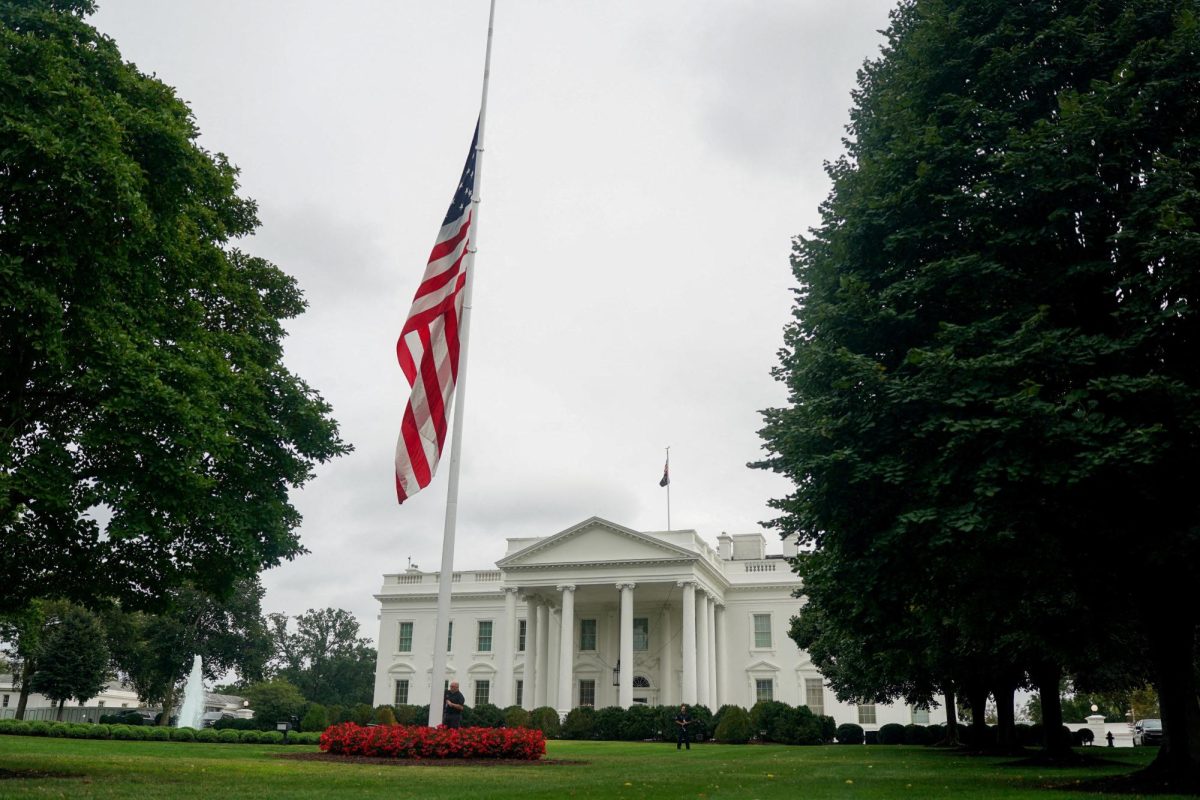Few award ceremonies infuriate me as much as the Oscars do. Almost 85 years since its initial debut, it still belittles younger audiences and promotes the over-simplification of minorities’ lives. How can an academy dictate to everyone what one should like when their decisions only concern a certain sector of the population?
Time and time again, the Academy seems to believe a movie’s targeted audience dictates its worth. If a movie appeals to a younger audience and is unappealing to an older crowd, the Academy often dismisses the film. But if it completely ignores younger audiences and appeals solely to an older audience, the film is a contender. For example, the “The Artist” and “The Hangover” both received copious praise. But unlike most comedies, “The Artist” marketed to a more middle aged audience, so only “The Artist” was deemed Oscar “Best Picture” worthy. Those unfamiliar with how the Oscars work may say it is a coincidence, but those familiar will say it is a pattern.
That same pattern is why they waited until 2001 to introduce the “Best Animated Feature” category. The academy did and does not think “kiddie” movies were and are worth their time. And on the rare occasion that they do, the “kiddie” movie also strongly appeals towards an adult audience (like “Up” and “Toy Story 3”). However, movies marketed towards mostly younger audiences can be just as moving or thoughtful as those marketed to adults. Movies such a “Monsters, Inc.” and “Finding Nemo” stole their audience’s attention, discussed mature theme and told fantastic stories. Is that not the definition of a good film?
My problems with the Oscars do not end with their treatment of younger audiences though. The movies they nominate that center on minority characters irk me too. Movies such as “Brokeback Mountain,” “Precious,” “The Color Purple” and “Boys Don’t Cry” are all great films. Each movie (besides “The Color Purple” unfortunately) was recongnized by the Oscars for its high quality or an actor’s or actress’s performance. However, each of these films center on the tragedy of the minority characters’ lives or deaths. The academy rarely tries to look for well-made, positive films about minorities. Stories of a minority character’s redemption (such as “Slumdog Millionaire” and “The Pursuit of Happiness”) create a blip on the nominated list at times, but the need for redemption often is caused by tragedy.
Some may argue that the films the Academy nominates are just about all that is out there representing minorities. However, if the academy paid closer attention to independent minority films, they would find movies that paint minorities in a positive light. For example, films such as “Medicine for Melancholy” and “Gods and Monsters” prove that minorities can live without tragedy being the center of their lives
If one is to mark a film – or anything for that matter – as one of the best ever of that category, the options should be more varied. The options should reflect not what appeals to only a certain sector of the population, but what appeals to various parts of the population. The films nominated should show more depth to the lives of minority people. The Oscars, no matter how important they are to Hollywood, will continue to lack the same level of importance to me until they do a better job at picking the best of the best.







